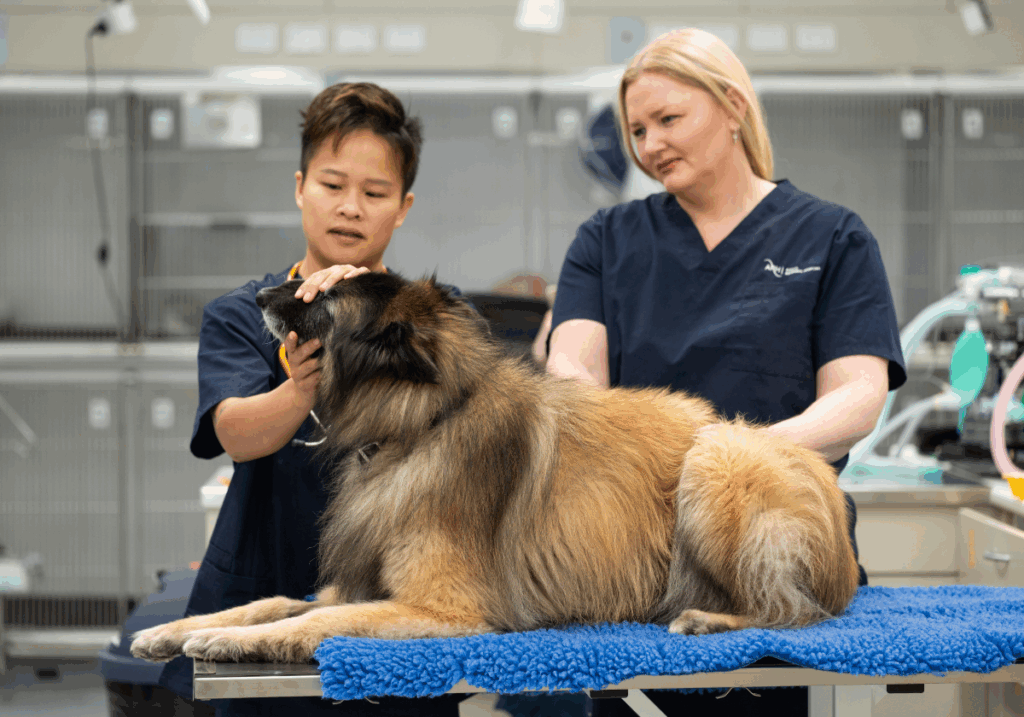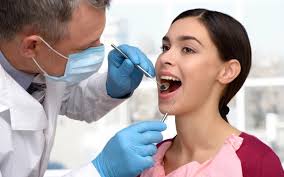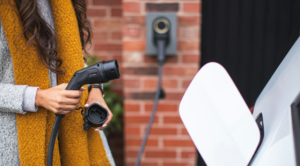
Being a vet dental practitioner is a rewarding yet challenging path.
The process of learning dental techniques requires accuracy, precision, and meticulous preparation. No matter if you’re just beginning or have a bit of experience, beginning your first surgery they are crucial learning opportunities that define your career. Here are the essential guidelines and best practices every new veterinarian dentist should be aware of before performing their first procedure.
Learn about the anatomy and pathophysiology
Before you go to your first procedure, it is crucial to be able to comprehend the basics of the anatomy of the dental and veterinary fields and the most common diseases. An understanding of feline and canine dental cavities, dental structures, and associated diseases is crucial. This information allows for precise diagnosis, planning for effective surgical interventions. For more information, look over the most important tips that a vet dental practitioner follows during the initial surgery in Medium.
Pick the appropriate instruments and Equipment.
The choice of suitable dental instruments is essential in veterinary dental surgery. Make sure you are knowledgeable about the different tools available, including lifters, forceps for extraction, and dental scalers. Be aware of your ergonomics for each instrument to help reduce fatigue during long procedures. For a complete guide to the tools you need to use, check out this post on Instapaper..
Make a thorough pre-surgical plan.n It is essential to plan for the successful completion of any surgery.
Begin by conducting a thorough pre-surgical examination, which includes radiographs and blood tests. Make a surgical plan that details the procedures you’ll follow and the equipment you’ll employ, as well as any potential complications that may occur. This organized approach will ensure that you’re prepared for unexpected events. Find more strategies for planning on this page in Pocket.
Be sure to use the correct anesthesia and Controlling effective anesthesia and managing pain are essential to minimizing discomfort for patients and making sure that the procedure is smooth. Be familiar with the most recent procedures for anesthesia and techniques for pain management to ensure the best treatment. Every veterinarian dentist should be aware of the specifics of analgesics as well as local anesthetics that are specifically tailored to dental procedures. Learn more about the best practices for anesthesia through the Flipboard.
Use Proper Sterile Techniques.
Sterility is not a matter of negotiation during every surgical process. Be sure to adhere to sterilization guidelines, which include making surgical locations and instruments. A clean and sterile environment greatly reduces the possibility of infections postoperatively and speeds up healing. Learn more about the importance of maintaining sterility as well as best practices on Quora..
Develop strong communication skills with clients.
Effective communication with pet owners is crucial to control their expectations and ensure that they are following post-operative instructions. Be sure to communicate the procedure, possible hazards, and post-operative care needs to pet owners. Effective communication creates trust and guarantees the best results for your pet.
Prepare for complications and emergencies.
Even with careful planning, complications could develop during the procedure Being Be prepared for unexpected situations like excessive bleeding or reactions that are adverse to anesthesia is crucial. Always keep emergency medication and equipment on hand, and make sure your staff are trained to respond effectively in such instances.
Post-Surgery Care and Monitoring.
Post-operative care is just as important as the procedure itself. Be sure to monitor the patient’s condition closely for indications of complications. You should also give detailed instructions for aftercare to the pet’s owner. Set up follow-up appointments so that you can assess the progress of recovery and address any issues immediately.
If you follow these guidelines that veterinary dentists can achieve a greater chance of success in their first procedures, and set the stage for a lucrative career in veterinary dental medicine. Every procedure provides an opportunity to improve and develop your abilities, which eventually will lead to mastery in this highly specialized area.







